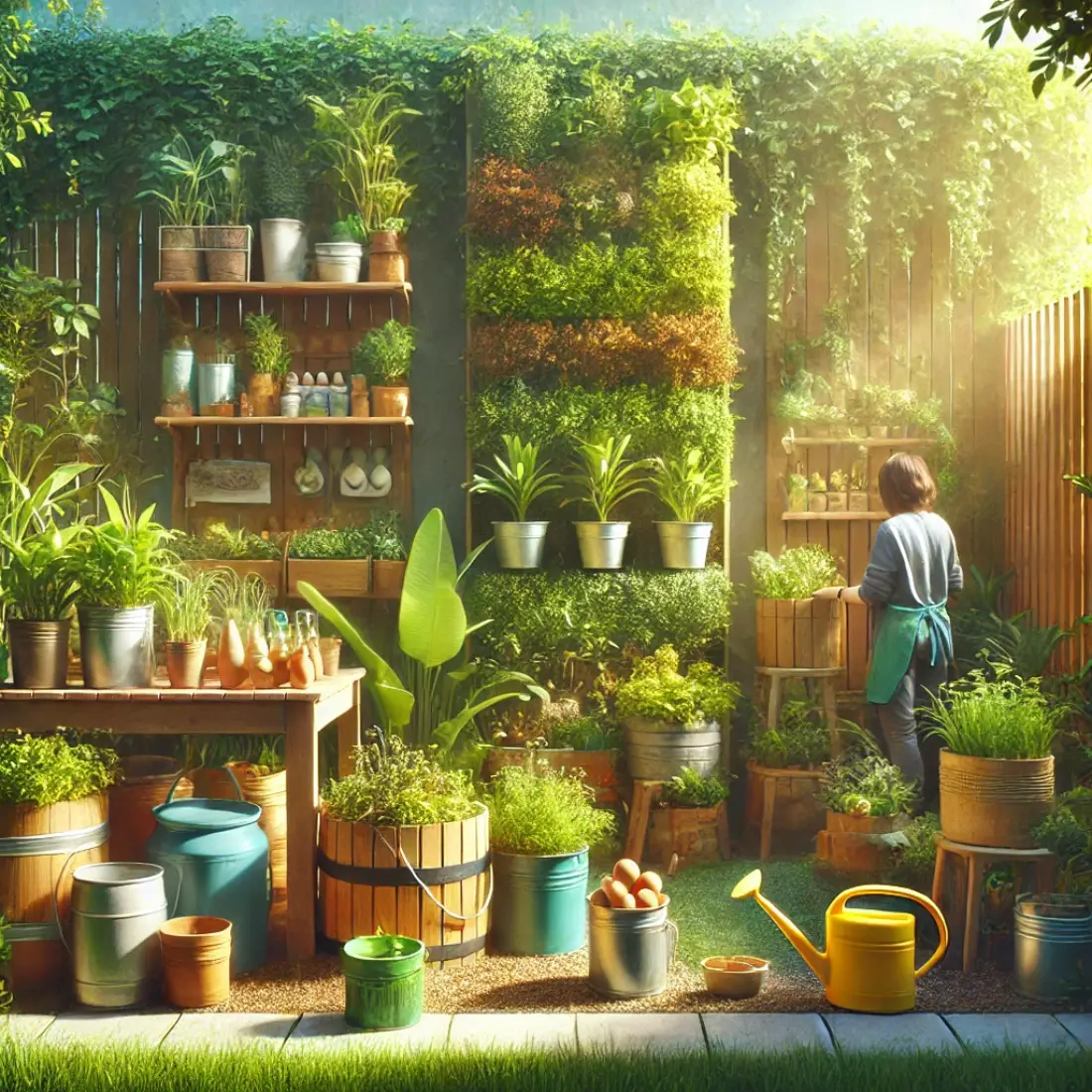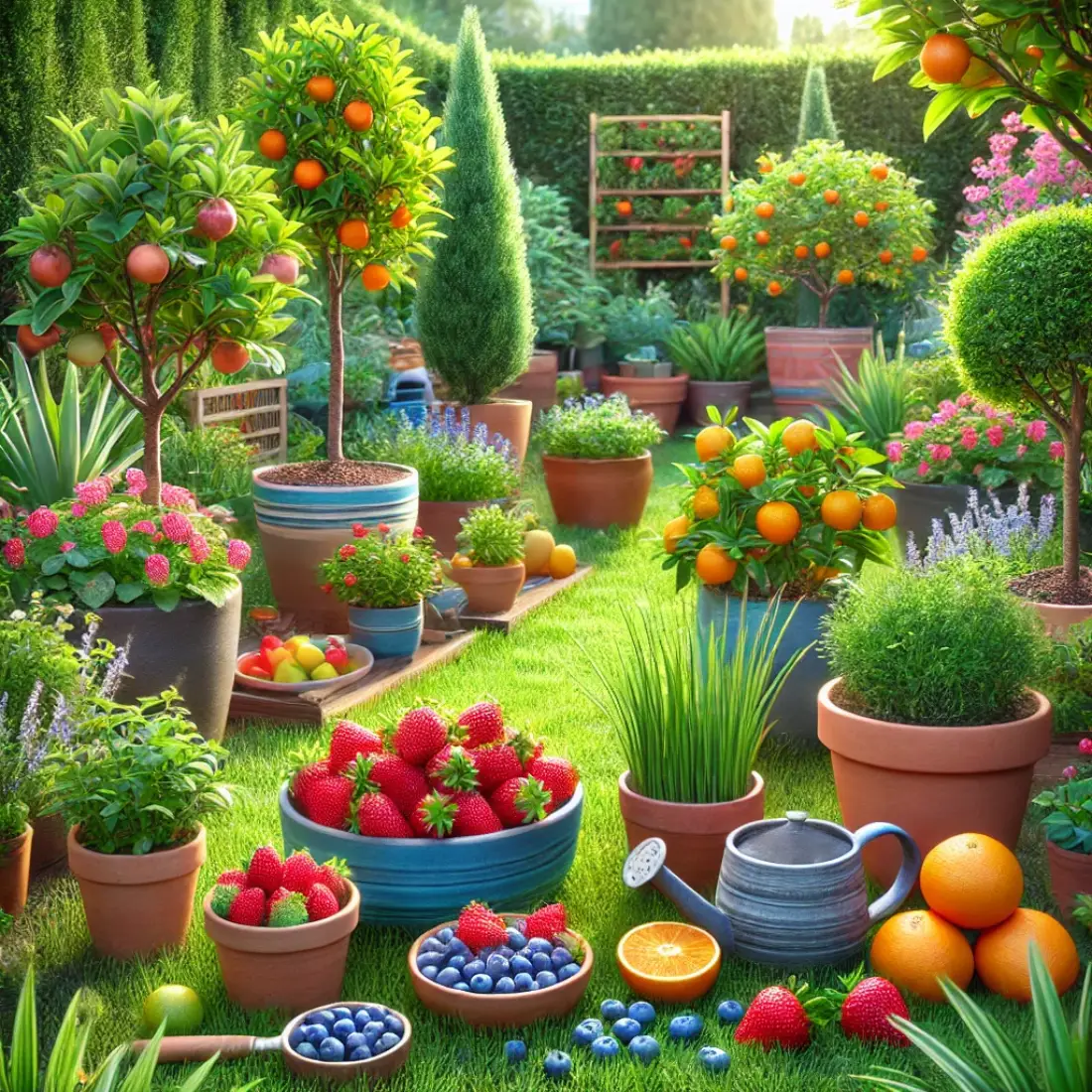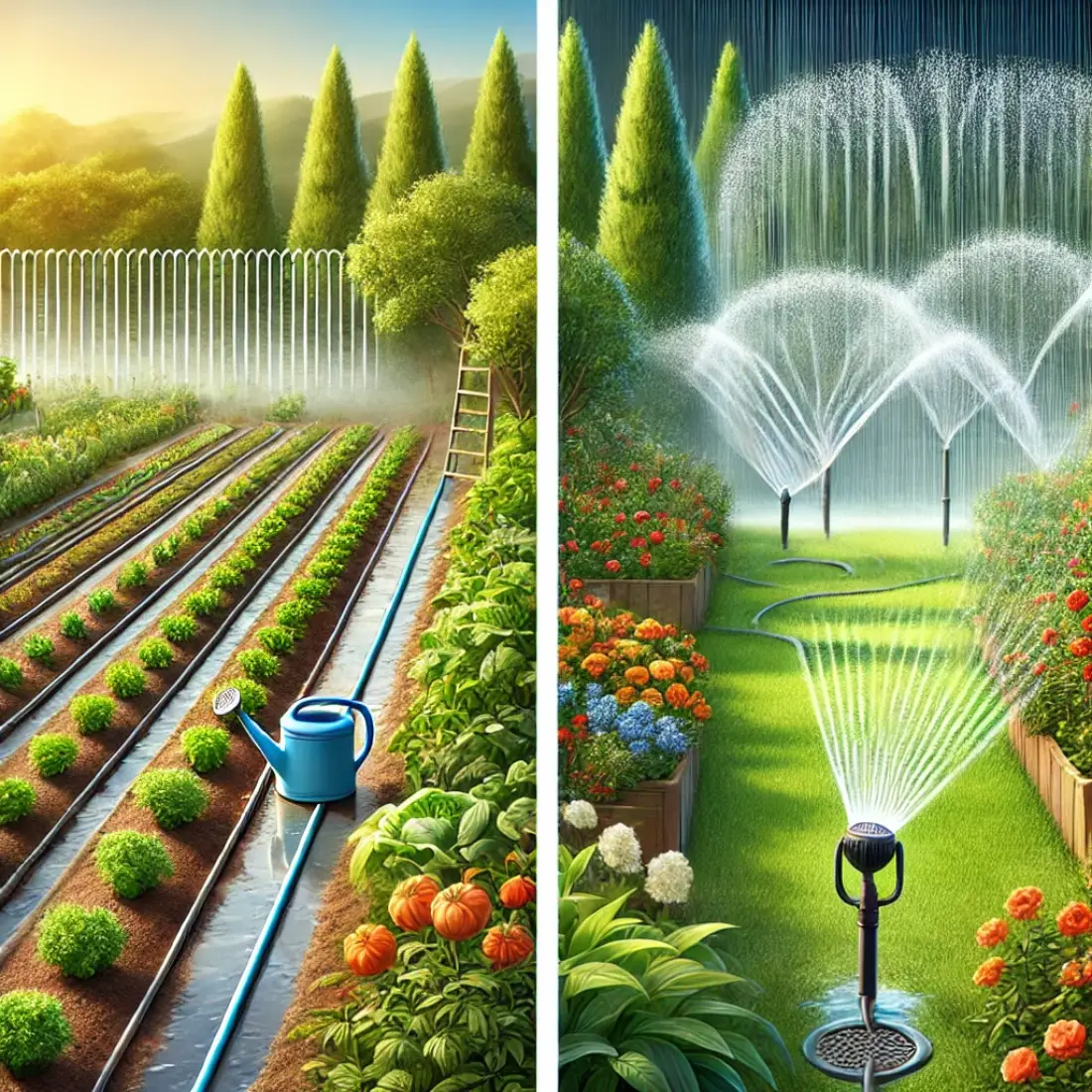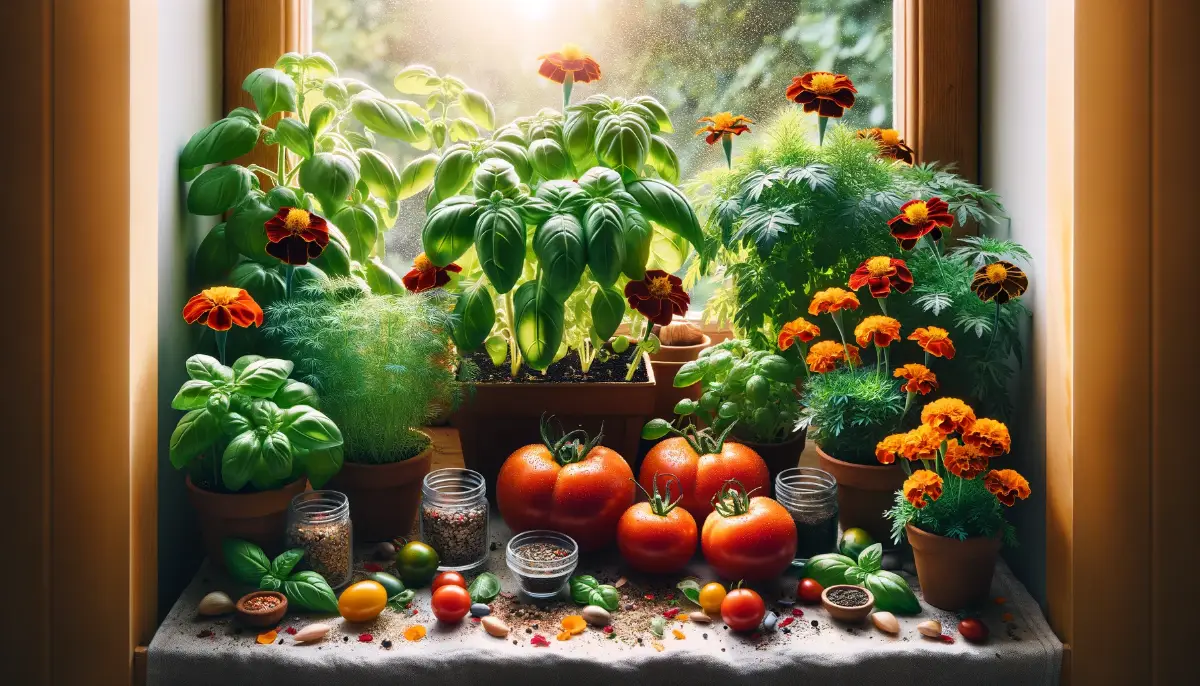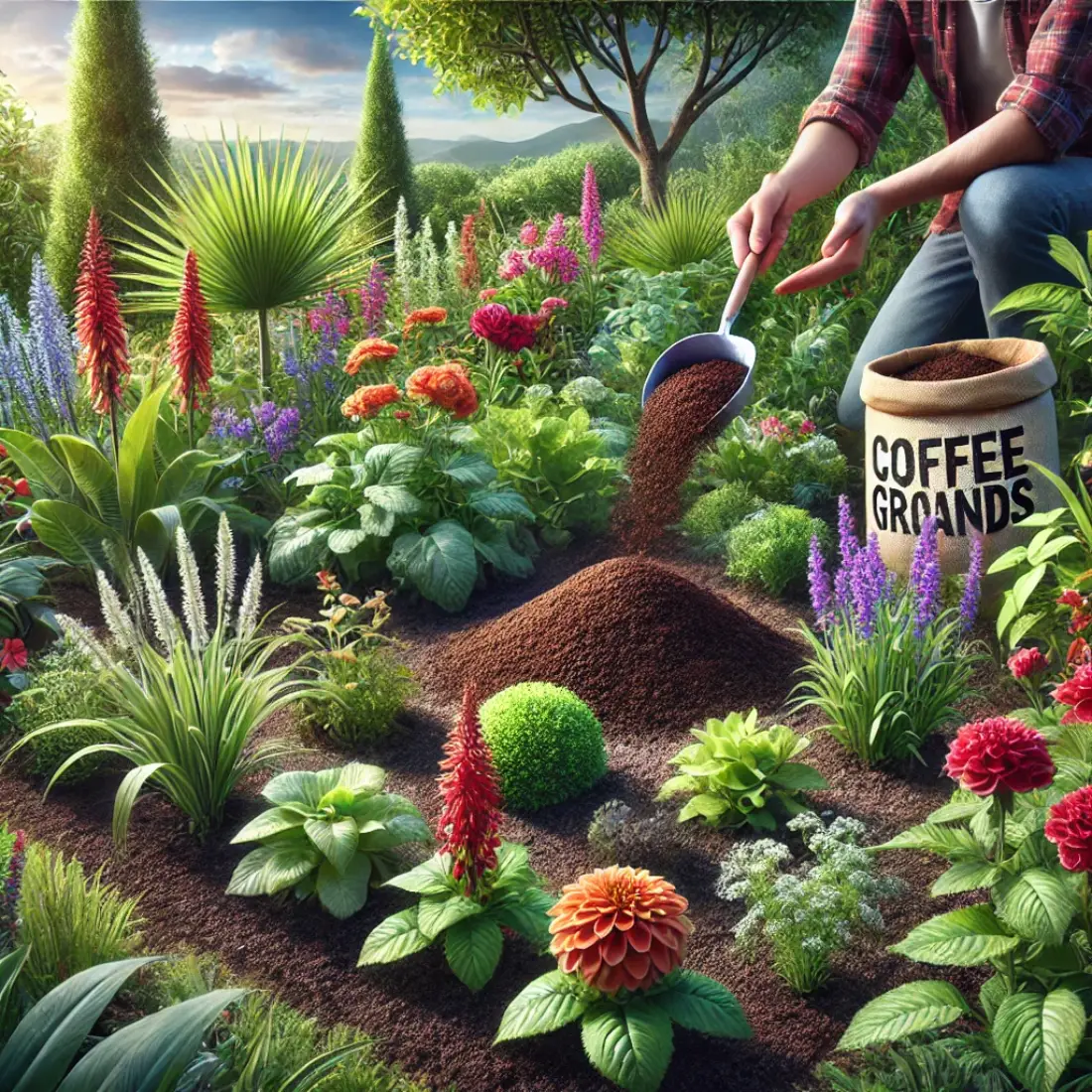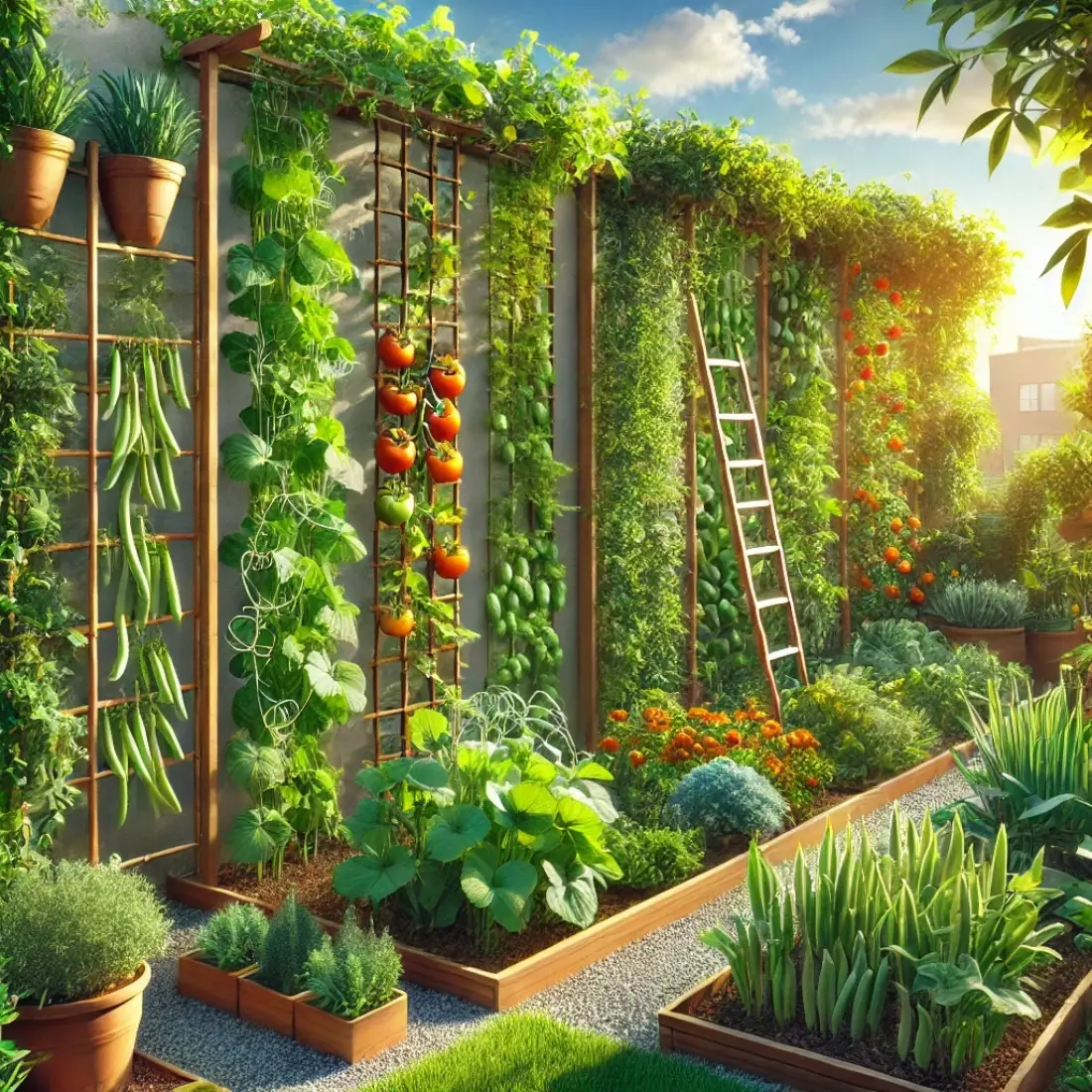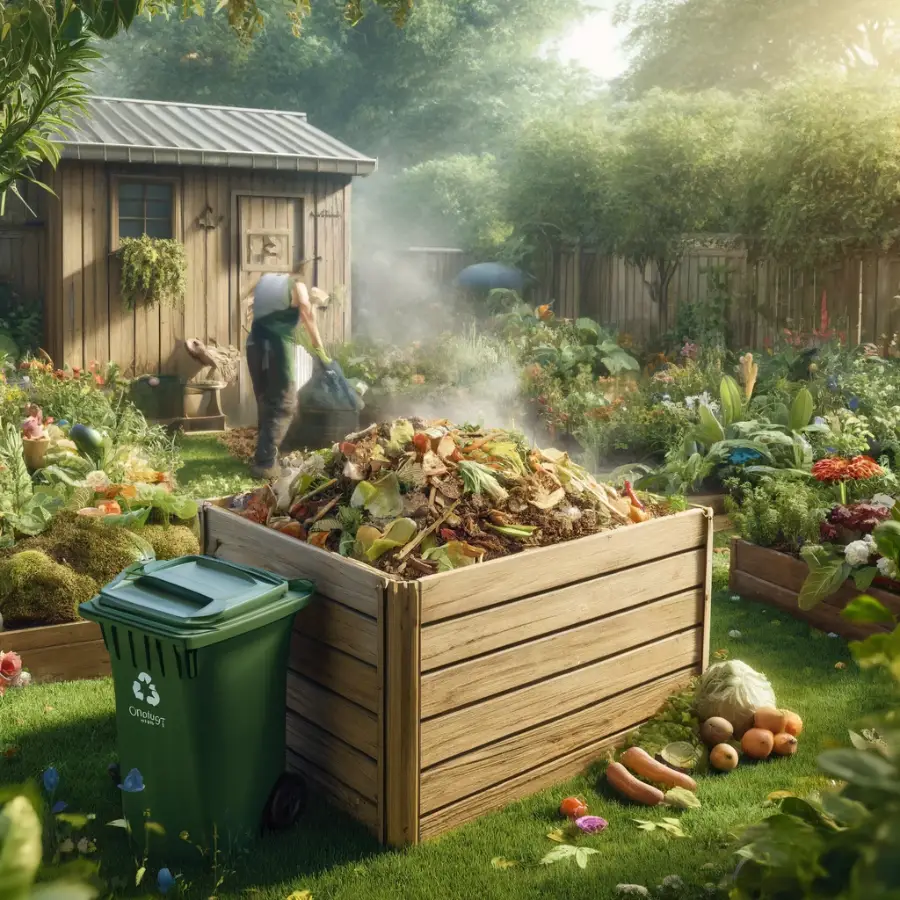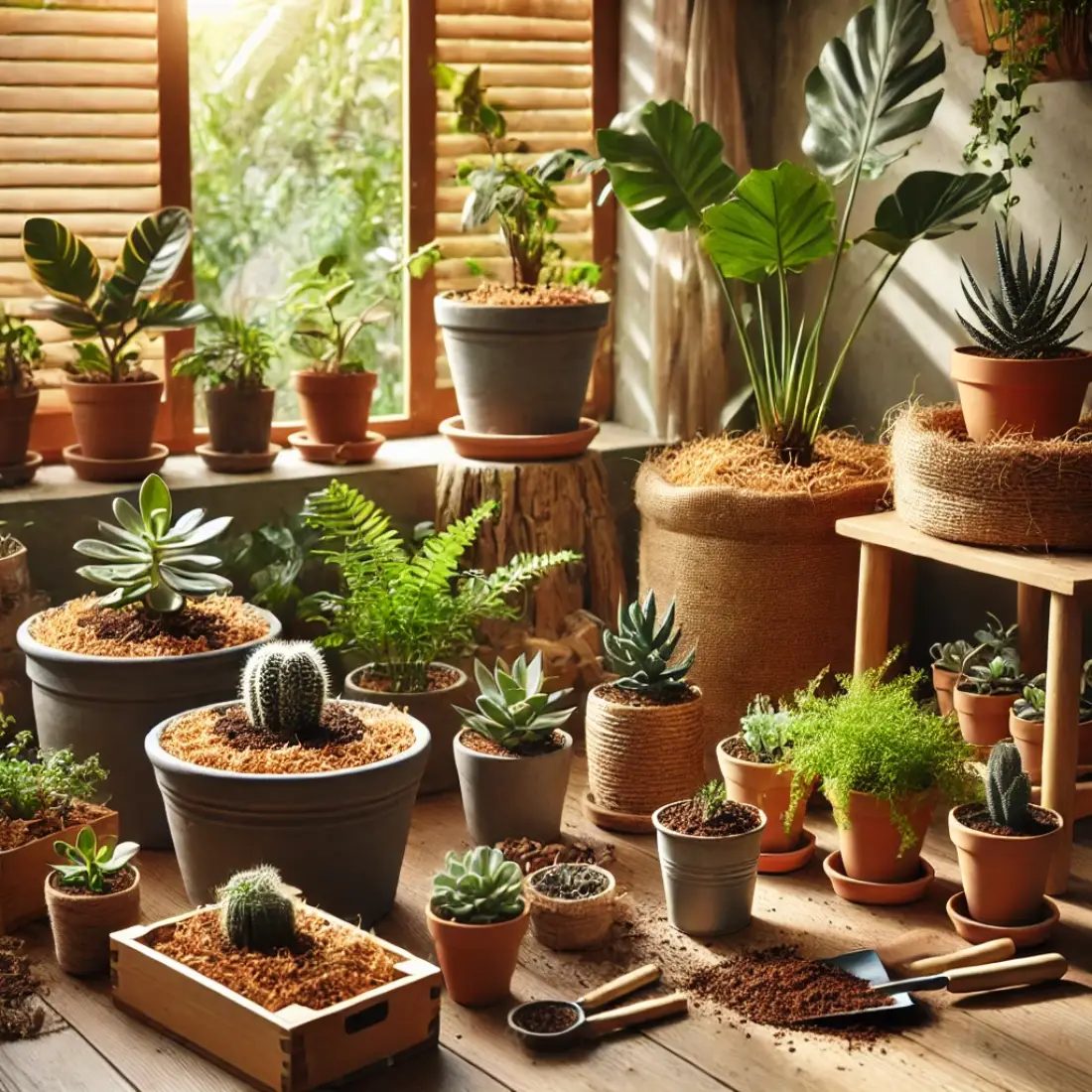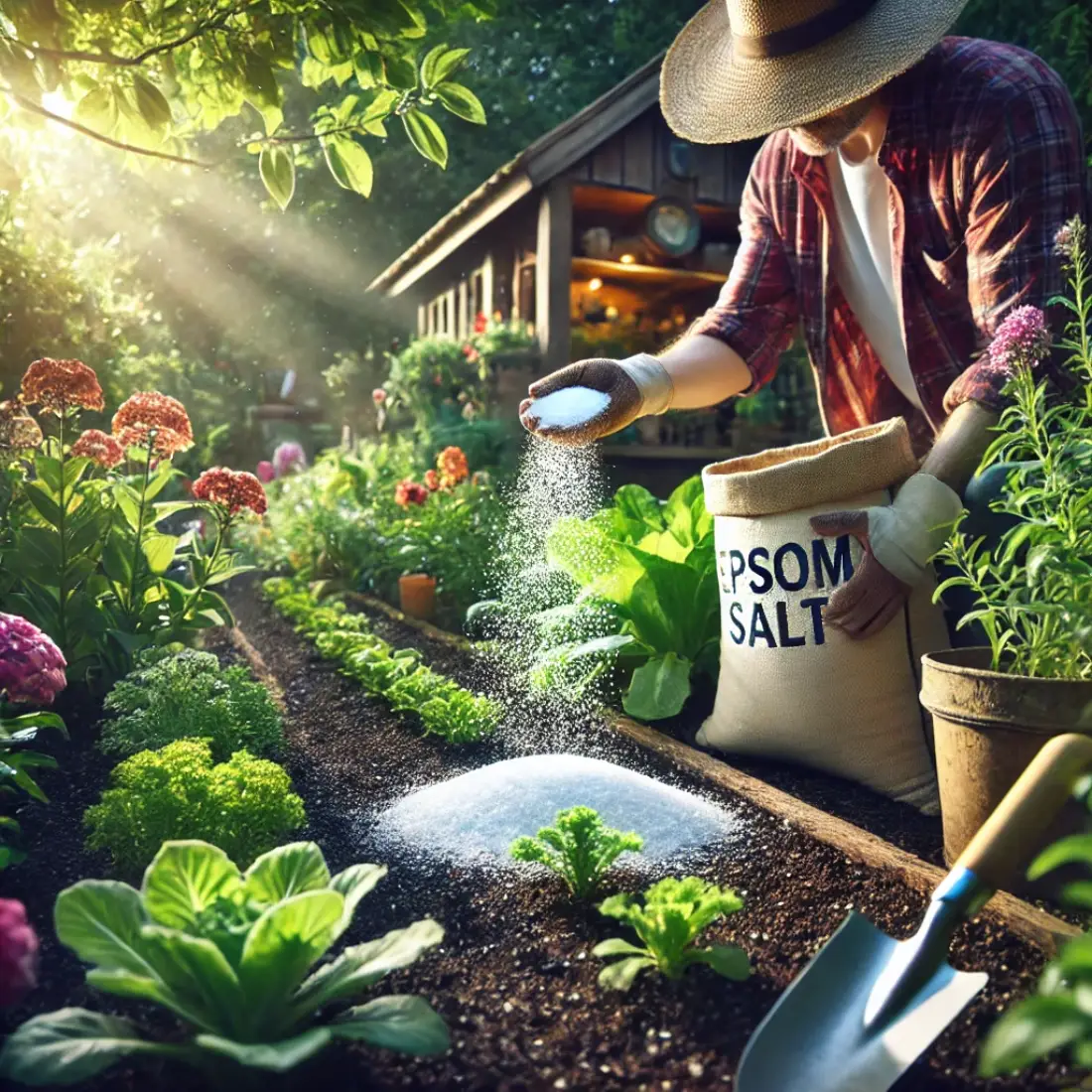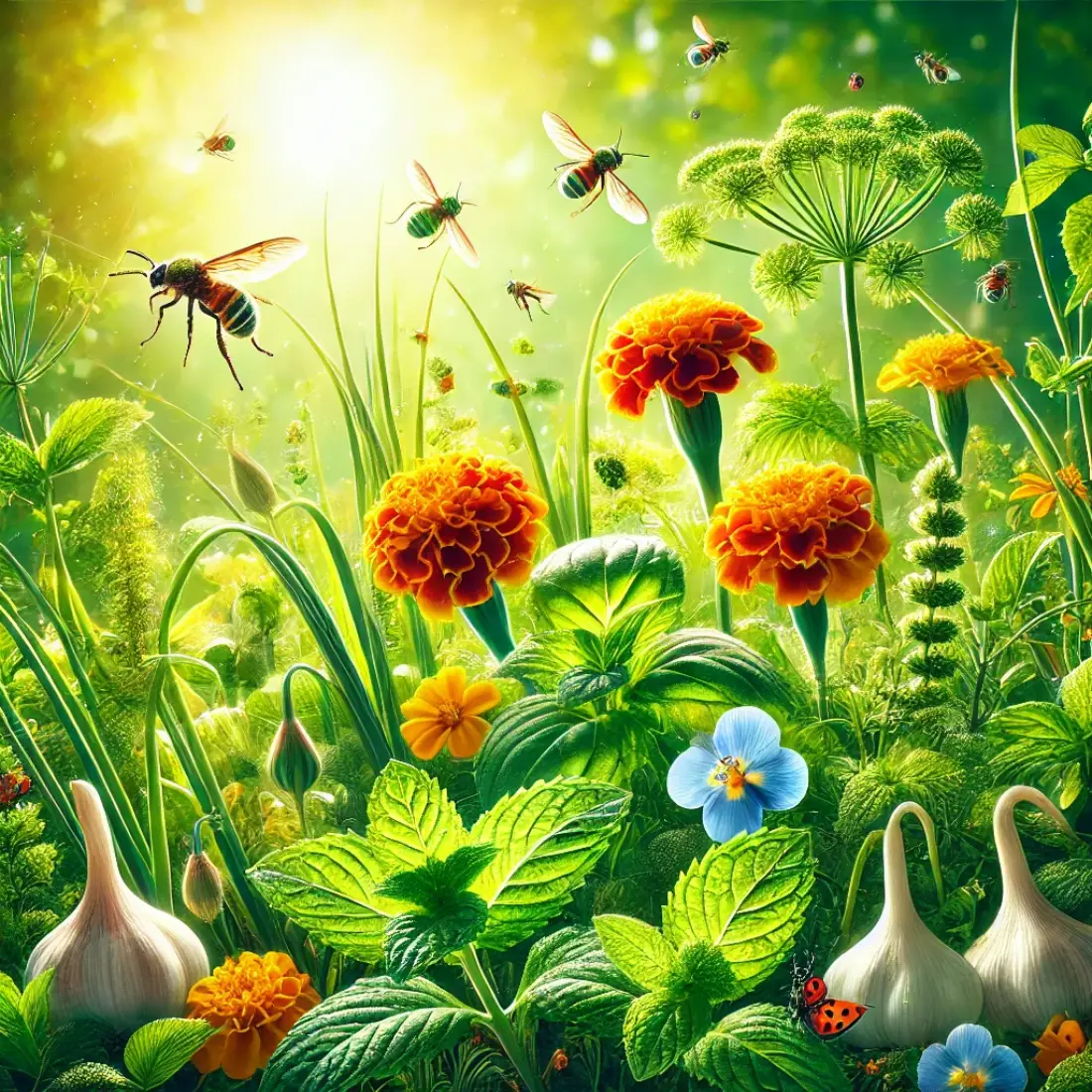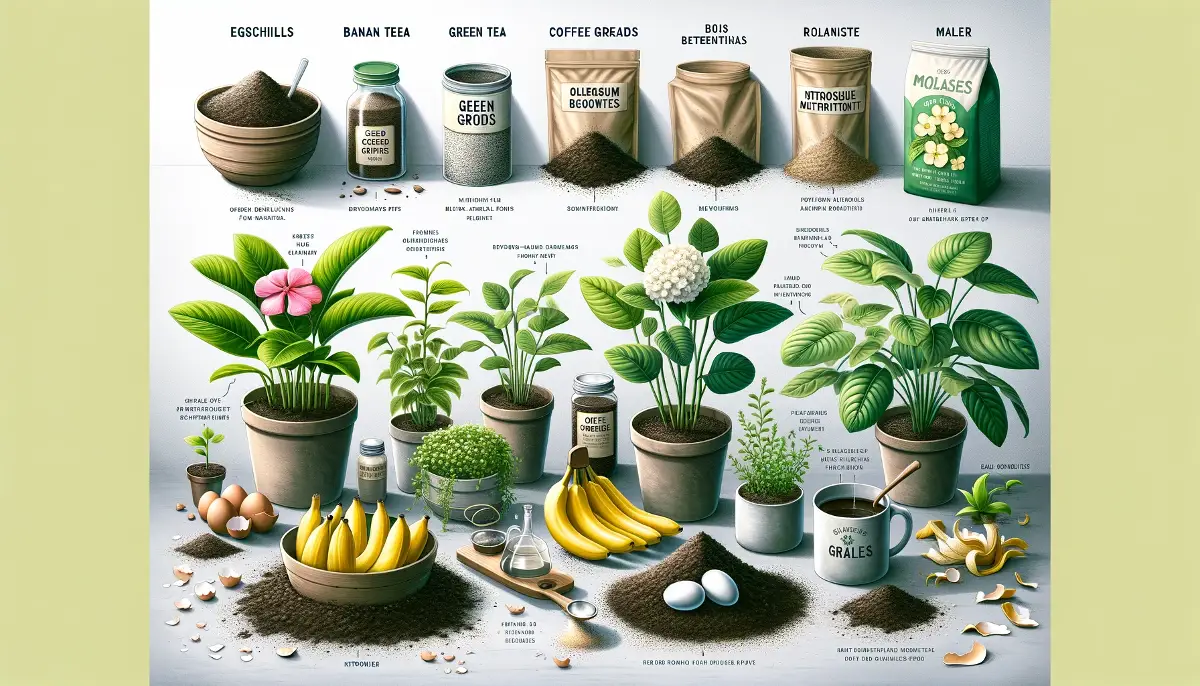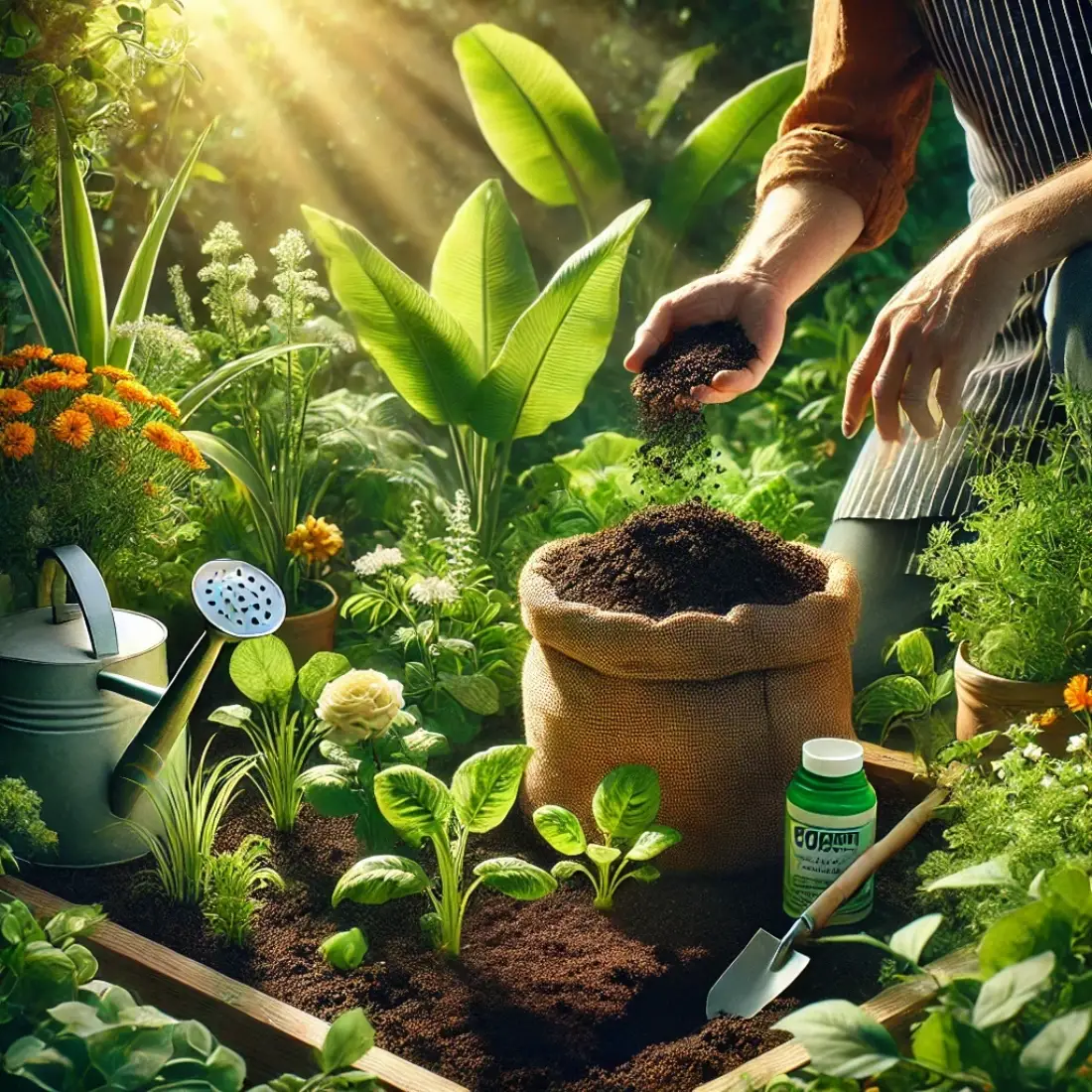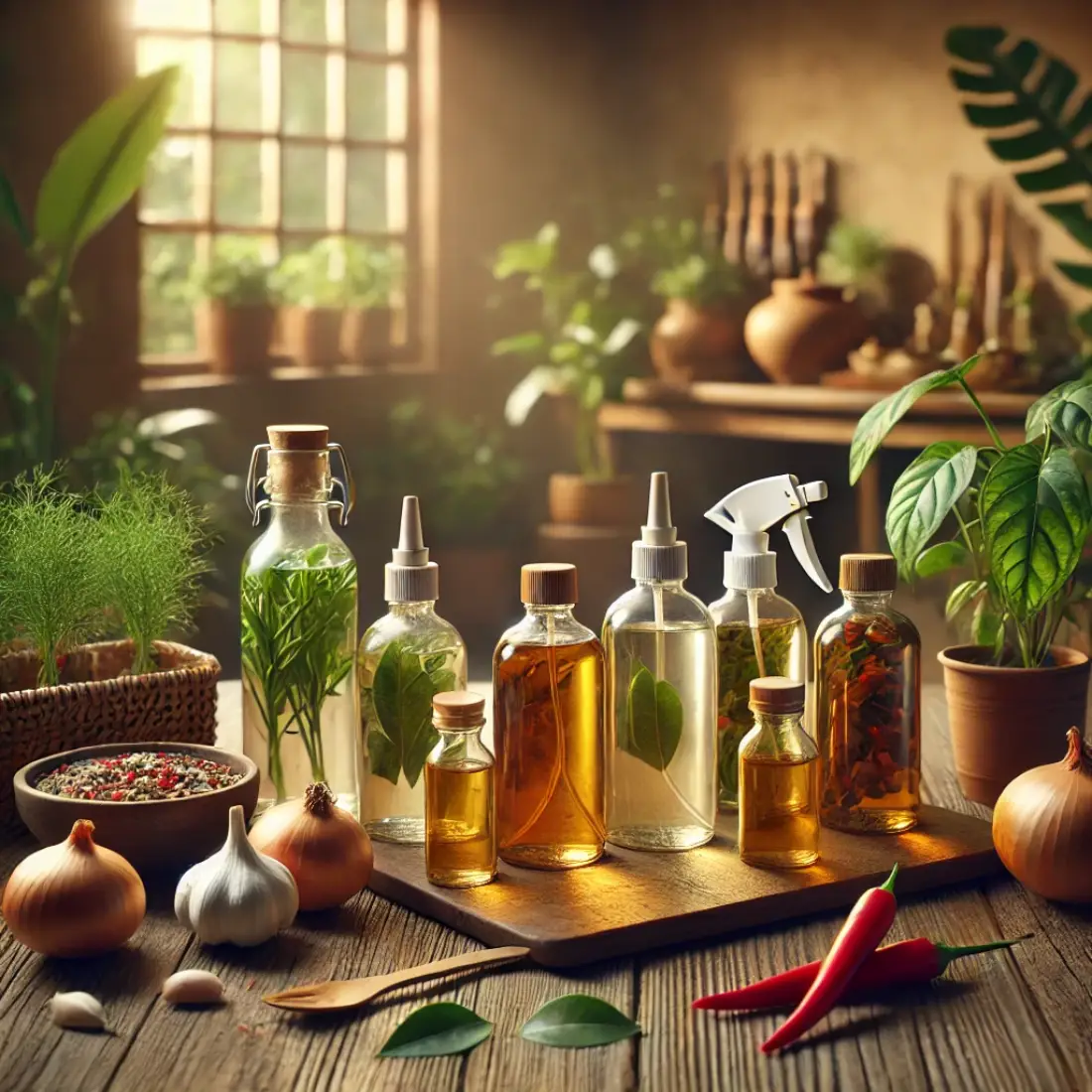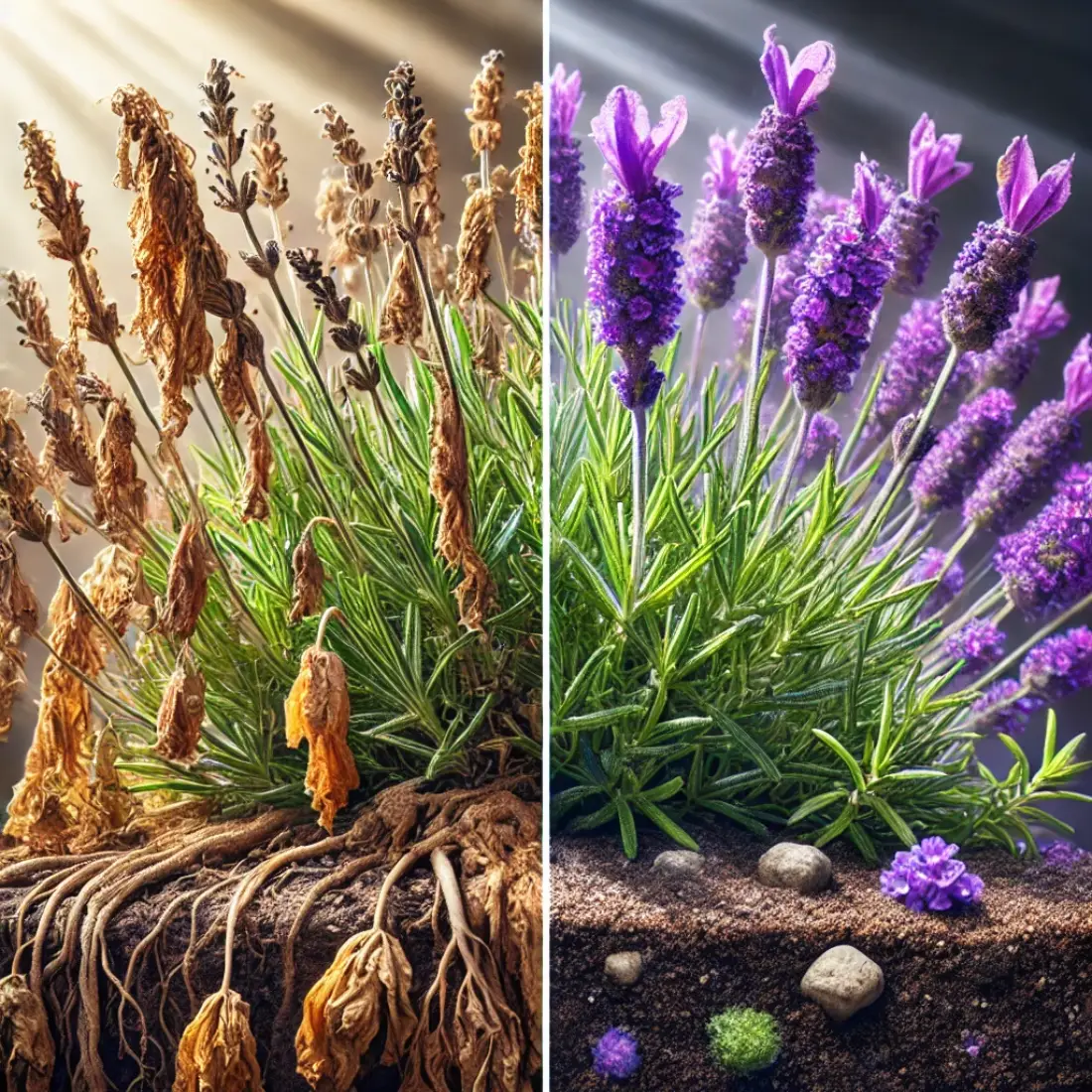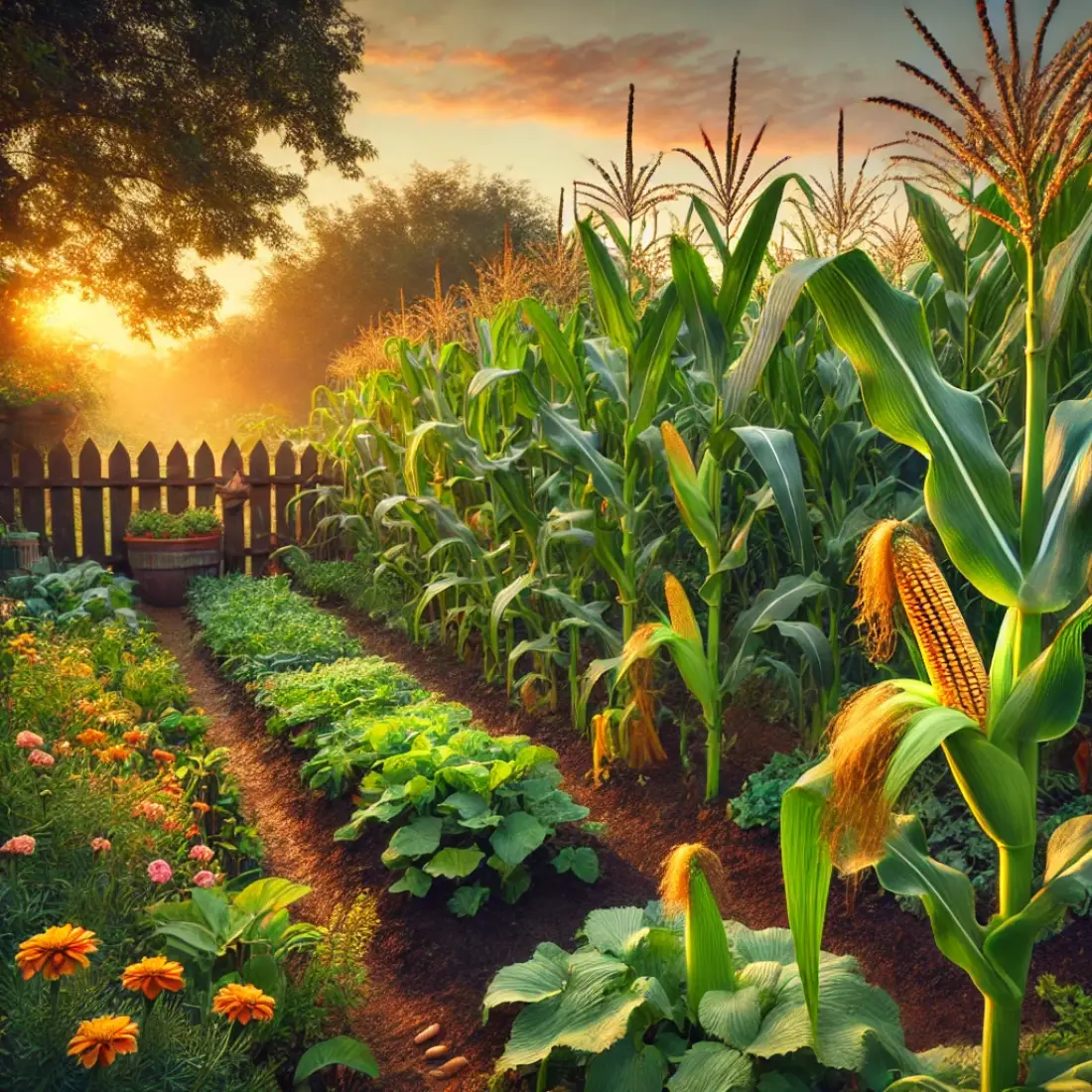Gardening doesn’t have to be complicated—especially for beginners. With the right hacks, you can save time, effort, and money while creating a thriving garden. Whether you have a small backyard, a balcony, or a few containers, these simple tips will help you get started.
From using household items as natural fertilizers to mastering space-saving tricks like vertical gardening, these hacks are perfect for anyone looking to grow plants with ease.
- Start small with easy, low-maintenance plants and container gardening.
- Use recycled materials like eggshells and coffee grounds as natural fertilizers.
- Create a DIY drip irrigation system with plastic bottles to save water.
- Maximize space with vertical gardening and smart layout techniques.
- Repel pests naturally through companion planting and eco-friendly solutions.
- Enhance plant growth using Epsom salt and simple composting hacks.
- Keep your garden healthy by mulching to retain moisture and reduce weeds.
- Re-purpose kitchen scraps to start composting without hassle.
- Save money by creating seed starters from recyclable household items.
Essential Beginner Garden Hacks
1.Start Small with Container Gardening
If you’re new to gardening, starting small is the best approach. Container gardening is perfect for beginners because it’s manageable and versatile. You can grow a variety of plants, from herbs to small vegetables, even in limited spaces like balconies or patios. Use pots, buckets, or even old crates to plant your garden. Containers also give you greater control over soil, water, and sunlight conditions, which helps plants thrive with minimal effort.
2.Use Eggshells as Natural Fertilizer
Eggshells are a rich source of calcium, which helps strengthen plant cell walls. Instead of throwing them away, crush the shells and sprinkle them around your garden. This simple hack boosts your soil’s health naturally, preventing issues like blossom end rot in tomatoes and peppers. Plus, eggshells can help deter pests like snails and slugs, making them a dual-purpose gardening hack.
3.DIY Drip Irrigation with Plastic Bottles
For beginners, watering can be tricky, especially during hot weather. A DIY drip irrigation system using old plastic bottles can keep your plants hydrated without over-watering. Simply poke holes in the sides of a bottle, bury it near your plants, and fill it with water. The slow release of moisture helps maintain an even soil moisture level, ensuring your plants get the hydration they need without waste.
4.Repel Pests Naturally with Companion Planting
Instead of using chemicals, companion planting is a natural way to keep pests out of your garden. For example, planting marigolds near your vegetables can repel harmful insects. Basil planted with tomatoes can also deter flies and mosquitoes. This method not only helps protect your garden but also improves plant growth, as certain plants work symbiotically to promote each other’s health.
5.Use Coffee Grounds to Enrich Soil
Used coffee grounds are a fantastic, nutrient-rich addition to your garden soil. They add nitrogen, improve soil structure, and can even help deter pests like slugs. Simply sprinkle them around your plants, or mix them into the soil. Coffee grounds work particularly well for acid-loving plants like roses, azaleas, and blueberries.
Hacks for Optimizing Garden Space and Growth
6.Vertical Gardening to Maximize Space
If you’re dealing with limited garden space, vertical gardening is a game-changer. By growing plants upward, you free up valuable ground space while creating a lush, productive garden. Use trellises, hanging baskets, or wall-mounted planters to grow crops like cucumbers, peas, and strawberries. Vertical gardening not only increases yield but also improves airflow, reducing the risk of plant diseases. Plus, it’s an attractive way to make the most of your space, whether on a patio or in a small backyard.
7.Reuse Kitchen Scraps for Composting
Composting is an easy way to enrich your soil without spending a dime. Kitchen scraps like fruit peels, vegetable waste, and coffee grounds can be turned into nutrient-rich compost for your garden. This reduces waste while improving soil fertility, boosting plant growth naturally. Beginners can start with a small compost bin or even a pile in the yard. Just remember to balance “greens” (like food waste) and “browns” (like leaves or cardboard) to create the perfect compost mix.
8.Mulching to Retain Moisture and Suppress Weeds
Mulching is an essential hack for conserving water and keeping your garden weed-free. By covering the soil with organic materials like straw, bark, or leaves, you help retain moisture, which reduces the need for frequent watering. Mulch also acts as a barrier, preventing weeds from sprouting and competing with your plants. As it breaks down, organic mulch adds nutrients to the soil, creating a healthier growing environment for your garden.
9.Use Epsom Salt to Boost Plant Growth
Epsom salt is a natural and inexpensive way to give your plants a boost. Rich in magnesium and sulfate, it helps improve nutrient absorption, leading to healthier, stronger plants. Dissolve Epsom salt in water and use it to feed your garden every few weeks. Plants like tomatoes, peppers, and roses benefit the most from this treatment, as it enhances bloom and fruit production.
10.Create Seed Starters from Recyclable Materials
Starting plants from seeds can save you money, and using recyclable materials to create seed starters is an eco-friendly way to get started. Items like toilet paper rolls, egg cartons, and newspapers can be repurposed as small pots for growing seeds. Once the seedlings are strong enough, you can transplant them directly into the ground without disrupting their roots. This simple hack allows beginners to start growing plants indoors before the gardening season starts, giving you a head start on a flourishing garden.
FAQs about Garden Hacks for Beginners
1. How often should I water my garden?
Most plants need about 1 inch of water per week, but it depends on the plant type and weather. Check the soil: if the top inch feels dry, it’s time to water. Early morning is the best time to hydrate your garden to avoid evaporation.
2. What are the best plants for beginners?
Some of the easiest plants for beginners include herbs like basil and mint, vegetables like tomatoes and lettuce, and flowering plants like marigolds and sunflowers. These plants are low-maintenance and resilient.
3. How can I improve my garden’s soil?
Adding compost, coffee grounds, or eggshells can naturally enrich your garden soil. Mulching also helps retain moisture and adds nutrients over time. Testing your soil pH can help you determine what amendments it may need.
4. What’s the easiest way to start composting?
For beginners, start with a small compost bin or pile. Add a mix of “green” materials like fruit peels and “brown” materials like leaves or cardboard. Avoid adding meat or dairy. Turn the pile occasionally to speed up decomposition.
5. How can I control pests without chemicals?
Natural pest control methods include companion planting (e.g., planting marigolds to repel insects), using homemade insecticidal soap, and introducing beneficial insects like ladybugs to your garden. You can also use physical barriers like row covers.
6. How do I start a garden with limited space?
Start with container gardening or vertical gardening to maximize space. Use trellises, shelves, or hanging planters for plants that grow upwards. Herbs, leafy greens, and small vegetables can thrive in compact spaces.
7. What is companion planting, and how does it help?
Companion planting involves growing certain plants together to enhance growth or deter pests. For example, planting basil near tomatoes improves flavor, and marigolds can repel harmful insects from vegetables.
8. When is the best time to plant seeds?
Start seeds indoors about 6-8 weeks before the last frost date in your area. You can transplant the seedlings to your garden once the danger of frost has passed, giving your plants a head start on the growing season.
9. How can I make my garden more sustainable?
To create a sustainable garden, compost kitchen scraps, use natural fertilizers like coffee grounds, and practice water-saving techniques like drip irrigation and mulching. Growing native plants also supports local wildlife and reduces water needs.
10. How do I keep weeds under control?
Regularly apply mulch to your garden beds to prevent weeds from growing. Hand-pulling weeds when they’re young is also effective. For persistent weeds, consider using landscape fabric under your mulch to block growth.

